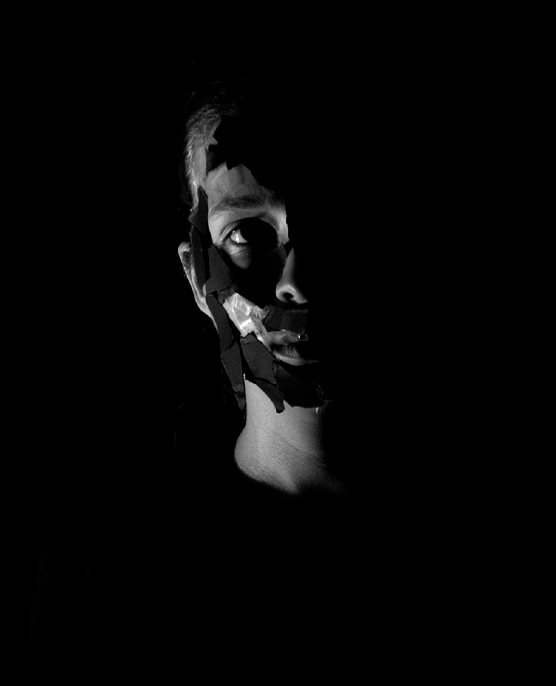By Elizabeth Su
Before I moved to Syracuse, I drank lemon iced tea every morning with my grandfather (公公) and mother (媽媽) in a traditional Hong Kong–style cafe. Sipping on our tea, we would eat eggs and porridge while listening to the latest news in Cantonese. The sweet, refreshing drink (港式檸檬茶) was brought to Hong Kong when Britain colonized the island in 1841. A fusion of Eastern and Western styles of tea, it quickly became the most popular drink in all of Hong Kong. In a way, lemon iced tea represents the whole of Hong Kong—its own world between Eastern and Western ideas but not strictly belonging to either. It was in this culture-between-cultures where I grew up.
The first words I ever spoke were in Cantonese. Actually, the only words I ever spoke for the first years of my life were in Cantonese. Often termed the “most difficult language to learn” due to its sheer number of tones, expressing yourself in Cantonese is…difficult. When you’re a child with an underdeveloped grasp of tongue movement and character structure, words blend into other words and tones go right over your head. For example, my name in Cantonese is “快樂健康,” meaning “Happy and Healthy.” However, “happy” and “fish” have the same pronunciation in Cantonese, differing only in tone. So, yes, there have been many times when I accidentally introduced myself as “Healthy Fish,” only to be embarrassed when my family laughed.
When I began to learn English in elementary school, I was relieved. I had no trouble differentiating between “I” and “eye” like the other first graders. When my mother saw how quickly I picked up English, she guided me toward books and libraries to expand my vocabulary. Since then, my love for reading has only grown. I devoured Percy Jackson and Harry Potter, eventually progressing to mature fantasy and thriller novels in high school. As I read, I learned the intricacies of the English language. Game of Thrones taught me to tie completely different stories into an intricate web; The Hunger Games showed me how a single phrase ripples across an entire series.
As my English improved, my Cantonese worsened. By the time I was in high school, I only remembered colors, numbers, and common phrases. Part of this felt natural. As my family and I embraced American society, we let go of some of our Hong Kong roots. We transitioned from speaking Cantonese at home to speaking English. We still ate at Hong Kong cafes, but I would use English words for dishes instead of Cantonese. I drank Sprite instead of lemon iced tea.
Losing your language feels like losing your culture. Many would say they are one and the same. The Cantonese community is very small. When I lived in an Asian-dominated neighborhood, the schools and tutors only taught in Mandarin. There was no Mandarin option. Slowly losing a part of your identity, which most people don’t know about, is a special kind of difficulty. It’s been five years since I visited Hong Kong. Since then, my great-grandmother on my mother’s side (太婆) passed away in 2018; I was unable to attend her funeral. My relatives overseas tell me I’ve become more American than Cantonese, a painful reminder that I’m missing half of myself.
Since moving to Syracuse, I’ve learned how strong my connection to my culture truly is. I was hesitant to attend Syracuse University because of the low Asian student population. Living in a majority Asian neighborhood my whole life, I was afraid. Afraid of losing my food, my language, my holidays, my culture. But, since arriving, I realized I couldn’t stay in my comfort zone forever. Talking to people of different backgrounds about my own culture and experiences, and listening to their stories, has broadened my perspective on the meaning of identity. Piecing together and reconciling different parts of myself is what makes me an Asian-American.Like Hong Kong, I am between two cultures. Each language has shaped my identity and furthered my understanding of myself. However, my journey with both English and Cantonese is not complete. I know I have many more essays to write and many more people to show Hong Kong culture. While it’s been an important learning experience, I still get homesick for the taste of 港式檸檬茶, a sweet and refreshing drink that tastes like home.
Elizabeth Su is a junior biomedical engineering and neuroscience student. In her free time, she enjoys creative writing and poetry. She also enjoys playing video games and cooking.

